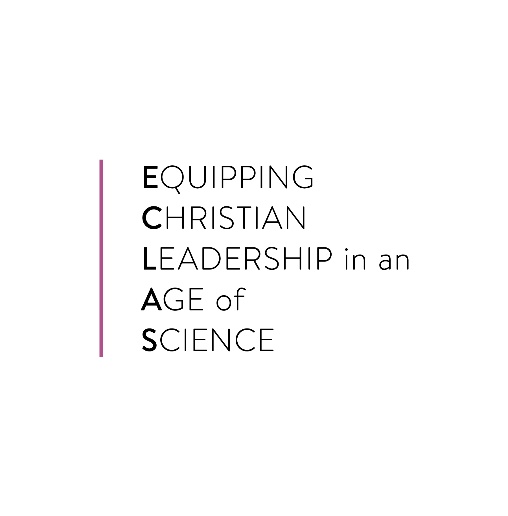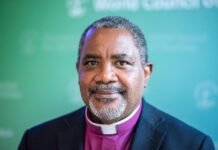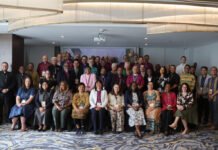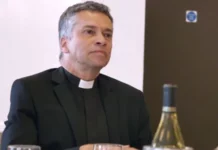A project based at Durham University has been awarded a five-year, £6.2million grant to support bishops and senior Christian leaders worldwide to engage with science.
Equipping Christian Leadership in an Age of Science (ECLAS) has been working to foster conversations between scientists and Church leaders since 2013. Now, in its 10th year, ECLAS’ new strategy will build on this through the creation of research hubs alongside regional partners to explore this work beyond the UK.
ECLAS is based at St John’s College, Durham University working with the University of York and the Church of England. The project works with Church leaders by organising in-depth conferences on topics such as genetics and artificial intelligence, and also funds grant programmes to equip local churches and theological colleges to engage with scientific dialogue. The team also carries out original research and public policy work.
The next phase of the project will run from April 2023-December 2027 and will be funded by a £6.2million grant from the John Templeton Foundation. The grant will allow ECLAS to collaborate internationally and support science-theology engagement beyond the UK. The team are working to formalise relationships with four international partner institutions, to create a global community of reflection and action on how to equip Christian leaders across a variety of cultural, theological, and national contexts. Each partner will receive funds to distribute as awards for regional Scientists in Congregations and Science for Seminaries programmes. They will run and monitor their own programmes, in partnership with ECLAS, to address local issues and create culture change at every level of the Church.
Built around local scholars and institutions, each partner hub will also be a locus for theological and sociological research into Church leaders’ attitudes toward science. Hubs will investigate how narrative framing, theological context, and social context impact engagement with science. Partnering with academic institutions in different regions of the world will ensure that research is grounded in local thought and practice, while in communication with the broader Church and society.
ECLAS is led by a team including Revd Prof David Wilkinson, an astrophysicist and theologian and Principal of St John’s College; the Rt Revd Dr Richard Cheetham, former Bishop of Kingston in the diocese of Southwark; Revd Dr Kathryn Pritchard, a member of the Church of England’s Faith and Public Life team; Revd Dr Malcolm Brown, Director of Faith and Public Life; Dr Amanda Rees, a sociologist and historian of science at the University of York; Revd Dr Lucas Mix, an astrobiologist; and Revd Steve Muneza, Director of Formation and Mixed-Mode Training at Cranmer Hall who brings experience of Christian development work in East Africa.
Revd Prof David Wilkinson, ECLAS Project Director, said: “Science is a gift from God to the Church, and our vision for the next five years is to equip more senior Church leaders around the world to engage with science and the opportunities it offers to deepen faith.
“We are very grateful to the John Templeton Foundation for this grant. It will allow us to build on the expertise we have gained in the last decade to support emerging hubs for science-religion research and engagement in parts of the world where this conversation hasn’t yet been explored.”
The Revd Prof Malcolm Brown, Director of the Church of England’s Faith and Public Life team, said, “During ECLAS’s first ten years, the narrative concerning science and religion has increasingly become one of mutuality and dialogue, as the profundity of new questions emerging from science signals the need for a reconnection with the world’s great traditions of meaning and ethics. As the calls from the Lambeth Conference in 2022 demonstrated, this is now a global, not just a Western, priority for the Anglican Church. I am delighted that the Church of England will continue to be a partner with ECLAS into the future.”
The new grant will begin in April, following directly on from a previous grant from the Templeton Religion Trust.



